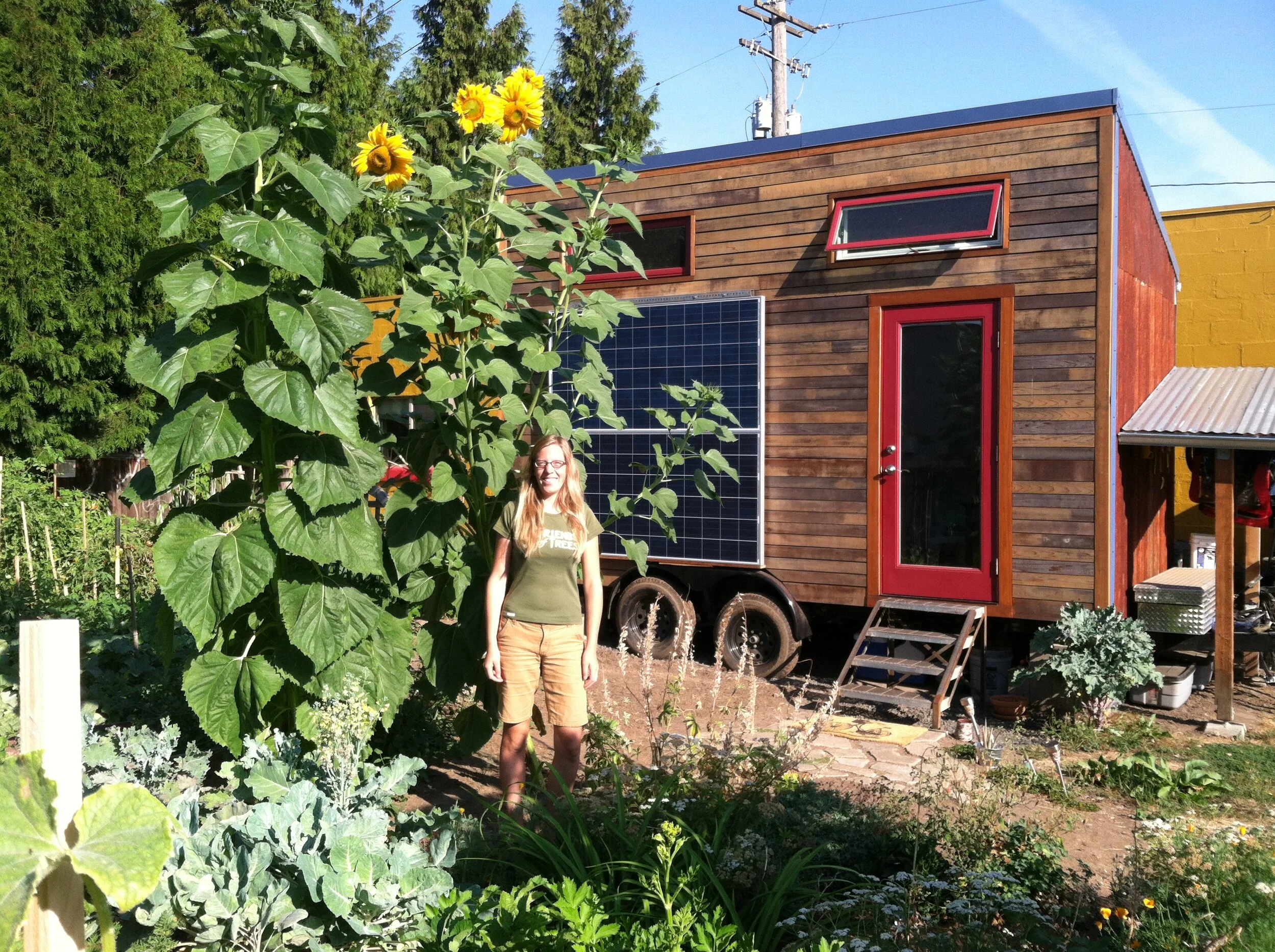As we spend more time in our homes, ensuring we have good indoor air quality (IAQ) is critical to our health. In addition to the ventilation strategies we have discussed, changing your furnace filter regularly, and cleaning your home often by vacuuming, dusting and wiping down surfaces with soap and water, you may want to consider an air quality monitor and/or air purifier system.
Air Quality Monitors
Air quality monitors measure different types of pollutants in your home’s air. Before selecting a monitor, consider the things you are interested in monitoring then read product specs and reviews to ensure it is the best fit for you. The following are some types of pollutants that air quality monitors measure.
PM = Particulate Matter = fine particles floating in the air such as pollen, dander, dust and smoke
VOCs = volatile organic compounds such as paints, carpets, particle board and air fresheners
MVOCs = Microbial VOCs for example mold
CO = carbon monoxide from combustion appliances such as gas ranges, furnaces, water heaters and fireplaces
CO2 = carbon dioxide we produce from breathing
Radon gas from the ground under your home
Air Purifiers
Air purifiers clear the air by using different techniques to draw particles out of the air. Look for the clean air delivery rate (CADR) number which measures how much air it filters in cubic feet per minute at the highest setting. The following are some of the different types of air purifiers.
HEPA - use a filter to capture 99.97% of particles larger than 0.3 microns, often used during a renovation project with lead paint
Activated Carbon Charcoal - often paired with HEPA filters since they can trap odors, gases and VOCs from things like paint and carpet
Air Sanitizers - use UV light to reduce and eliminate bacteria, spores and viruses
Ionizers - do not require filters but instead use an electrostatic charge to draw particles out of the air to a collection plate or by making the particles heavy to be more easily picked up by your vacuum, these can produce small amounts of ozone so do your research





